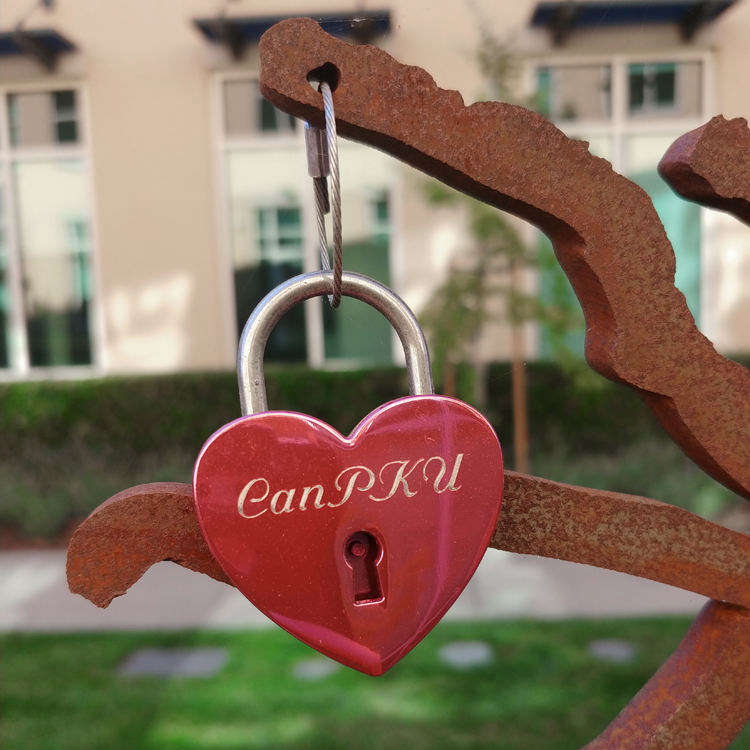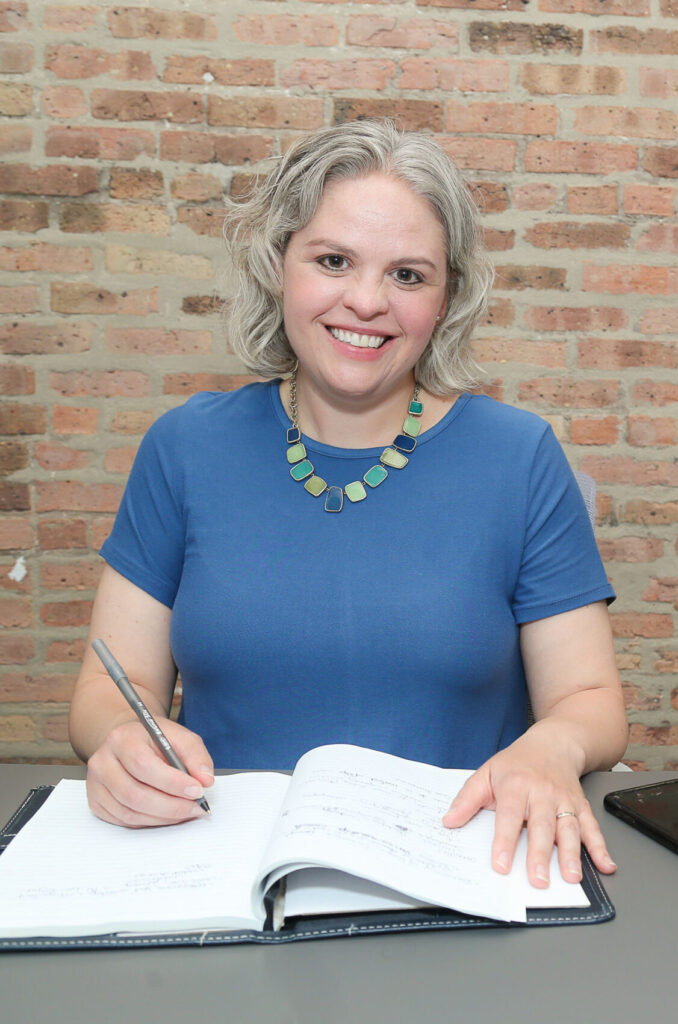
This short article was written for Rare Disease Day in 2016. Some things in my life have changed since then, one of my favorites being that I have had amazing opportunities to share my rare disease story. Even though this was written before significant changes in my PKU treatment, the message still applies.
It has taken me all my life to write this blog post about life with rare disease. In fact, it’s taken almost all my life to come to terms with living with an invisible disability. So much so that it’s possible only my closest friends know the name of my disorder. I live with Phenylketonuria, more commonly known in the medical community as PKU. It is caused by a missing liver enzyme that prevents my body from breaking down phenylalanine. Phenylalanine is an amino acid found in every form of protein. This means I can’t eat protein in any natural form. My diet is limited to very small quantities or I literally kill brain cells.
I may eat no meat, no dairy, no eggs, no soy, no nuts, no beans or legumes, and almost no grains or flours. My medical treatment for PKU is a 100% fruit and vegetable diet plus supplementation. I take blood tests regularly (not regularly enough). I must weigh everything because portions matter too. On a good day every gram of every food I ate was measured. Right now I am unable to have kids because my blood protein levels are slightly above range.
If I do not strictly manage my diet, phenylalanine builds up in my blood and is toxic to my brain. This occurs because my body can’t process protein. Dietary treatment is lifelong. If I had not been treated from birth, I would be fully, severely autistic today. Eating improperly doesn’t cause me physical illness, but it does cause me mental illness.
Over time, the effects are cumulative. Even now, things that didn’t bother me in my twenties cause me trouble. I get muscle twitches and spasms when I never did before. I confuse words — saying things like ‘yesterday’ when I mean ‘today’ and not realizing it at all until someone corrects me and that scares me. My brain is not processing the way it used to do. I have ADD-like symptoms. It is difficult to focus on one subject for long. I also have nutritional deficiencies — I take Vitamin D daily because I can’t get enough in my food and many with my condition develop osteoperosis as they age. It is not easy for me to get enough iron in my diet, which can cause borderline anemia.
People do not look at me and see my rare disease. I drink a medical formula prescribed for PKU four times a day. It requires 15 pills daily to manage various aspects of my deficiency. I can’t go for more than four hours without my medical supplements or I get headaches that knock me out for hours. Sometimes because I look normal I don’t think the people who see me taking these medications daily see any connection to the medications and my moods and performance. I know it must be true because I forget also.
In high school I struggled with managing my diet. When I told a teacher I was struggling with ADD symptoms, she called me a liar outright, and told me I would have been diagnosed very young if that were true. I didn’t explain my rare disease further. Instead, I absorbed that mentality throughout life — nothing appears to be wrong with me, so nothing should be wrong with me.
No excuses, just learn how to deal.
Over the years I have learned to get better and better at dealing with dietary management. But some days are hard no matter what. I have learned to speak up for myself, but even despite my best explanations I am often still served meals I cannot eat. I have still faced many situations where I expected to have food options available and there were none. Food is such a communal element of American culture, and partaking is expected. It has gotten easier as dietary restrictions have become more common and people are more accustomed to accommodating special requests.
However, food has always caused limits on my social life. If I don’t plan and prepare my own foods to go anywhere my choices are to go hungry or sit out when others eat or to make a choice that is harmful to me. Either that, or I pass up social events altogether. It is hard to admit I too often make the harmful choice. When I was a child, vegan-ism and food intolerances were uncommon.
PKU taught me to learn to be ok with not fitting and being different. Impromptu invitations cause me a slight amount of panic while I quickly try to mentally calculate what food options might be available, whether they would be ok with the rest of my medical plan for the day, and how many hours it would be before I get to my medical formula. Sadly, invitations are often turned down because it doesn’t fit in with my protein plans for the day.
I have an invisible disability and I have to come to accept it and hide it at the same time. I don’t want to make excuses. I don’t want to be stigmatized and stereotyped by mental illness, rare disease or disability. Despite our best efforts at awareness, our country still stigmatizes anyone less than perfect. I have also come to accept PKU and fight to do better at it every day. I live with an awareness that I don’t know how long my current mental and physical capacity will remain at this level.
I work hard every day to try to make time to manage my health. My time for mental wholeness feels limited and I want to do the best I can with it. In the best case, the doctors will find new treatments and I will be ‘cured.’ I am lucky that I have one of the more common of the rare diseases and so medical research is continually being done. Many people are only aware of my disability on a ‘need to know’ basis because being a healthy, white, well educated, middle class American comes with a position of privilege. I utilize that as a tool rather than leading with my disability.
I have learned that exercise helps me manage my health tremendously. I have learned that proper nutrition and a plant based diet help me to live with a better quality of life. I have an obsession with health and nutrition, and have run marathons and half marathons. I take boxing classes regularly. I cook whole foods for myself and I am very careful about eating good foods. I am very disciplined. Sometimes I feel people misunderstand my self care of my medical condition. Others seem intimidated by or critical of the choices I have to make because I don’t always explain context.
Context is important, Make you sure you really understand another person’s context before judging them.
I have learned to speak and advocate for myself. I have learned what is important in life and what is not. Some days my disability isolates me and some days it empowers me. Little in life is clear cut. I have had to live with an incredible amount of discipline and structure. I am good at strategic thinking because I have always had to think and plan ahead. I am the CEO of a credit union. I have an MBA. I have a healthy body and a successful marriage. I have an amazing extended family, and I work daily for economic justice.
Most importantly, I know how to use my voice well. I care enough to advocate for others too. Maybe it’s easier for me to see when and how others are excluded because of my own experiences. I can communicate well and have spoken on national and local platforms about justice issues. I know I can learn or accomplish almost anything I really dedicate myself to doing.
I also have bad days. I have days where I don’t eat well and I can’t think straight — where my head and the world feels like its spinning and I’m physically exhausted and paranoid and anxious. I don’t always want to talk to people. Those days I don’t do so well. I have learned resilience through that because I have to get back up and fix the situation even when I feel badly.
It’s hard but I have also learned things I wouldn’t in any other way. In the PKU community, many of the messages are focused on the positive. Because life really is better when you focus on what you can and do have than on what you don’t.
Update: In 2018, the FDA approved an enzyme treatment that radically changed the way I manage my disease. You can watch my new story here.

